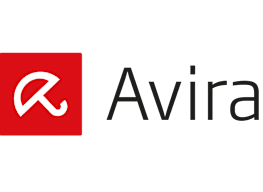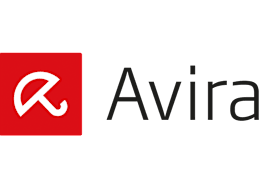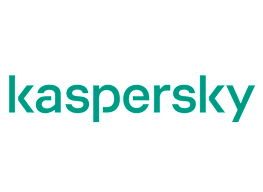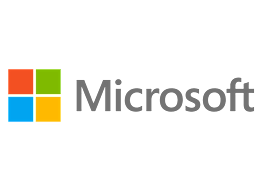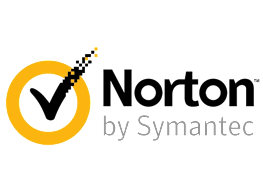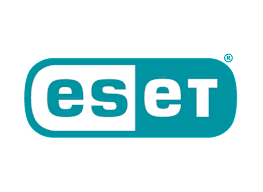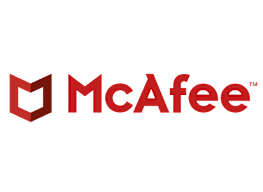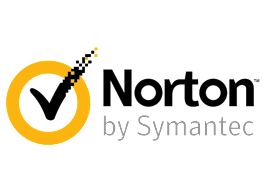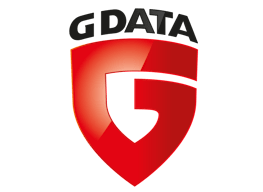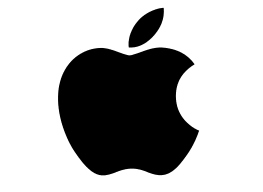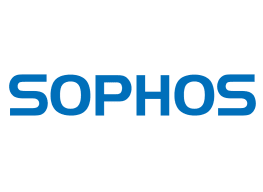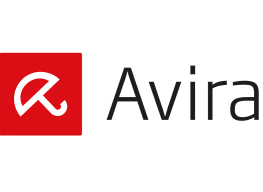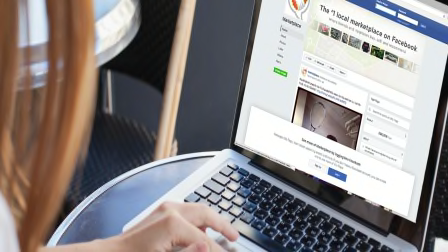Best Antivirus Software for Windows and Mac Computers
These tips from CR's testers will help you find great malware protection—including some that's free
In an era when malware is a looming threat to our computers, the appeal of antivirus software is obvious. But given the wide range of options, it’s tough to choose the one that provides the best protection.
That’s why we put more than 30 antivirus programs, including about 10 free offerings, to the test, exposing computers running Windows and macOS to a host of malware samples and malicious websites.
To evaluate the programs’ scam-fighting capabilities, we tossed in 200 phishing web pages, too. These are sites that try to trick consumers into providing sensitive information, such as passwords. Then we looked at how easy each antivirus program was to use and whether its operation had a negative effect on the computer’s overall performance.
Finding the Right Antivirus Package
You don’t have to pay for solid protection. Avast Free Antivirus gets high marks from our testers for its ability to stop threats against Windows computers. AVG Antivirus Free, Kaspersky Security Cloud Free, and Bitdefender Antivirus Free Edition also perform well.
Avast, which also owns AVG-branded antivirus products, came under fire in 2020 when it was revealed that the company was using its antivirus products to collect user data, which it then sold. The company says it has since ceased this practice. Our testers rate the company’s software Very Good, overall, for data privacy.
The Windows 10 Defender software that comes installed on new Windows computers didn’t offer strong enough data security protections to receive CR’s recommendation this time around, but it did receive an Excellent rating for data privacy, primarily because built-in protection does not expose your personal data to any additional third parties.
Paid programs have extra benefits. Shelling out money—generally $40 to $70—does get you additional protection, says Richard Fisco, who heads electronics testing at CR. Case in point: In addition to its top-rated malware-fighting abilities, F-Secure Safe offers a parental filter and banking protection, along with anti-ransomware and antispyware technology. Other paid products provide firewalls, spam filters, password managers, and email protections.
In addition to F-Secure Safe, paid options that score well in our ratings include Kaspersky Internet Security, Bitdefender Internet Security, Norton 360 Deluxe, Eset Internet Security, AVG Internet Security, and Avast Premium Security. One paid Windows antivirus option, Trend Micro Internet Security, lost the recommended status it used to have because it did not protect users from as many viruses as it did in our previous test.
Another benefit to a paid program? With one of these, you don’t get peppered with pop-ups asking you to upgrade from the free version, Fisco says. “They can be almost as annoying as adware that pops up on social media and other websites, and constantly bugs you to buy something,” he says.
Our advertising rating helps you determine how troublesome those pop-ups can be.
But opening your wallet does not guarantee you a better product. HitmanPro Alert, $55, posts some of the lowest scores in our ratings when it comes to malware protection, without offering any meaningful extras. It also receives just a Good rating for data privacy. Panda Dome Advanced performs almost as badly and receives a Fair rating for data privacy, putting it near the bottom of the pack in that area.
Yes, Macs can benefit from antivirus software, too. Less malware is aimed at Macs than at PCs, but that’s changing, Fisco says. The amount of malware written for Macs continues to rise. As a result, Apple fans can’t afford to ignore cyberthreats any longer.
“And if you don’t protect yourself and you get an infected file,” Fisco says, “you can pass that malware on to a friend with a Windows PC.”
If you’re looking for free antivirus software for Mac computers, we recommend Avast Security for Mac or AVG Antivirus for Mac, both of which receive Very Good ratings for data privacy. The top paid options include Kaspersky Internet Security for Mac, Bitdefender Antivirus for Mac, Avast Premium Security, F-Secure Safe, G Data Antivirus Mac, and Eset Cyber Security Pro. Of those options, Kaspersky Internet Security for Mac and Avast Premium Security receive Very Good ratings for data privacy.
Download the software from trusted sites. If you click on a pop-up ad promising free antivirus protection, you could easily end up with malware on your computer. The ads are a common scam employed by cybercriminals. To be safe, go straight to the source and manually type in the web address for the company that offers the product you want to use.
















